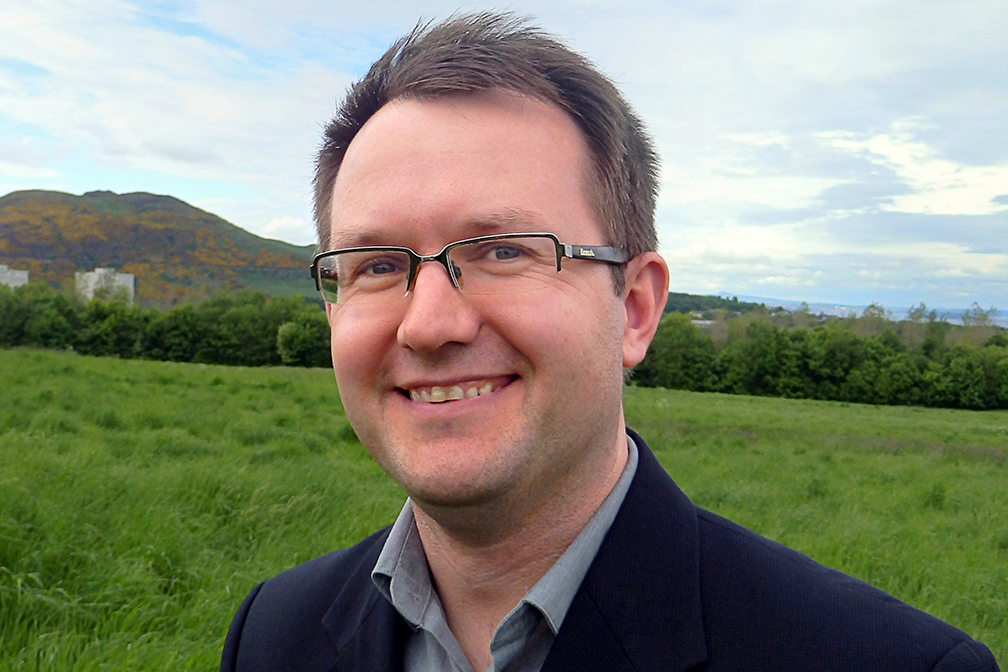Paul Quigley Reappointed Robertson Associate Professor in Civil War Studies
September 12, 2018

Paul Quigley, associate professor of history in the College of Liberal Arts and Human Sciences at Virginia Tech and director of the Virginia Center for Civil War Studies, was reappointed as the James I. Robertson Jr. Associate Professor in Civil War Studies by Virginia Tech President Tim Sands and Interim Executive Vice President and Provost Cyril Clarke.
The James I. Robertson Jr. Professorship was created in 2005 to honor the 44-year Virginia Tech historian who brought the American Civil War to life not only for thousands of students in his popular classes, but also for millions of others through his award-winning books, frequent television appearances, popular radio essays, and effective outreach and public service. The professorship was funded through the estate of Vicki Heilig, a resident of Salisbury, North Carolina, who was committed to Civil War education and preservation. Recipients hold the professorship for a period of five years.
Quigley, who has held the title of Robertson Associate Professor in Civil War Studies since 2013, has distinguished himself among a younger generation of American Civil War historians who are bringing new perspectives to this significant historic event. His particular contributions are to highlight the international dimensions of the war and to reinterpret the war’s impact on nationalism and citizenship.
His first book, published in 2011, won three major awards, including the British Association for American Studies Book Prize, the Jefferson Davis Award from the Museum of the Confederacy, and an Honorable Mention from the Deep South Book Prize Committee. This summer two essay collections he edited — “The Civil War and the Transformation of American Citizenship” and, in collaboration with James Hawdon, a Virginia Tech sociology professor, “Reconciliation after Civil Wars: Global Perspectives” — were published.
Quigley has also provided leadership for numerous outreach and engagement programs for the center, including the annual Civil War Weekend, presentations for community groups, and development of a digital archive for teachers, students, and the public.
In support of and acknowledgement of his outstanding scholarship, Quigley has received external funding and a number of awards and recognitions.
Quigley received his bachelor’s degree from Lancaster University in Great Britain and his master’s degree and doctorate from the University of North Carolina at Chapel Hill.





